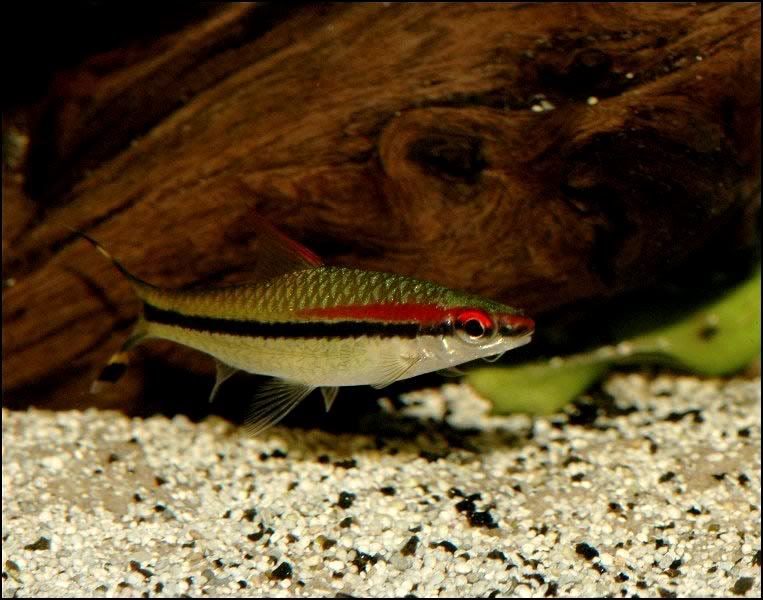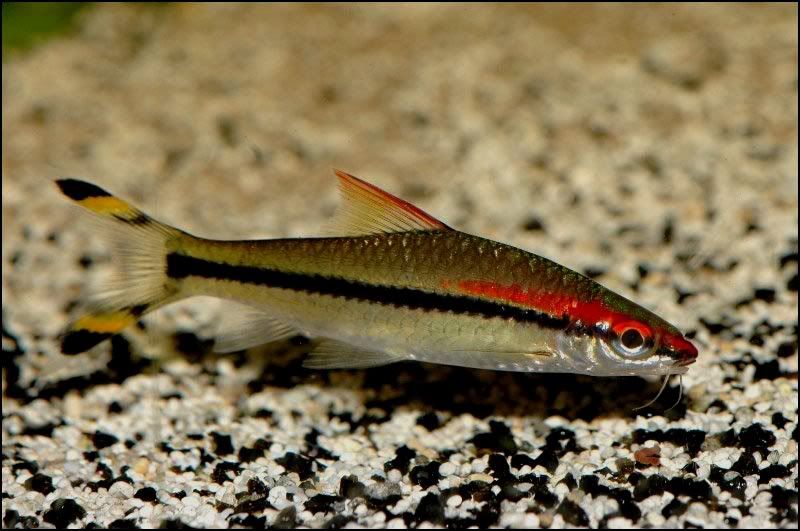Tag Archives: barbs
New Species of Filament Barb Named After Ichthyologist
A brand new kind of filament barb has been discovered and described which is from India’s southern tip. This new discovery was released in the newest edition of the Journal of Threatened Taxa. This is really quite an astonishing discovery, and it leads one to wonder what other marvels may be hiding themselves away in the depths of the sea, far from the prying hands of us humans.
Authors, TJ Indra, K Rema, and JD Marcus Knight have dubbed the new barb discovered Puntius rohani, after Rohan Pethiyagoda, an accomplished Ichthyologist, for his contributions on both Sri Lankan and Indian fish.
This new filament barb is distinguished by others of its species by the fact that this particular barb has a black club-shaped blotch by the caudal peduncle. It also seems to lack any other colors or patterns other than this blotch, and it also doesn’t have the black bands near the tip of its caudal fin lobes.
The actual report is really quite riveting, and tells a great deal more about the new filament barb, other differences, discovery, and notations.
If you would like to hear more on this subject, you will need to refer to the paper itself: Devi, KR, TJ Indra and JDM Knight (2010) Puntius rohani (Teleostei: Cyprinidae), a new species of barb in the Puntius filamentosus group from the southern Western Ghats of India. Journal of Threatened Taxa 2(9): 1121-1129. Read the papper (pdf)
Red line torpedo barb breeding programme launched in India
The Indian government’s Marine Products Export Development Authority (MPEDA) is now launching a breeding program for the threatened Red line torpedo barb (Puntius denisonii).
Torpedo barb – Picture by brookfish
Puntius denisonii, commonly known as Red line torpedo barb, Roseline shark, or Denison barb, is native to the fast-flowing hill streams and rivers in Kerala, at state located in the southern part of India. It is highly sought after in the aquarium trade.
After several years of research, the MPEDA has now managed to successfully breed Red line torpedo barb using two different techniques: one that relies on hormone treatment to trigger spawning and one where the natural breeding conditions of this barb is recreated in captivity.
MPEDA hopes to be starting commercial production shortly.
Picture by brookfish


